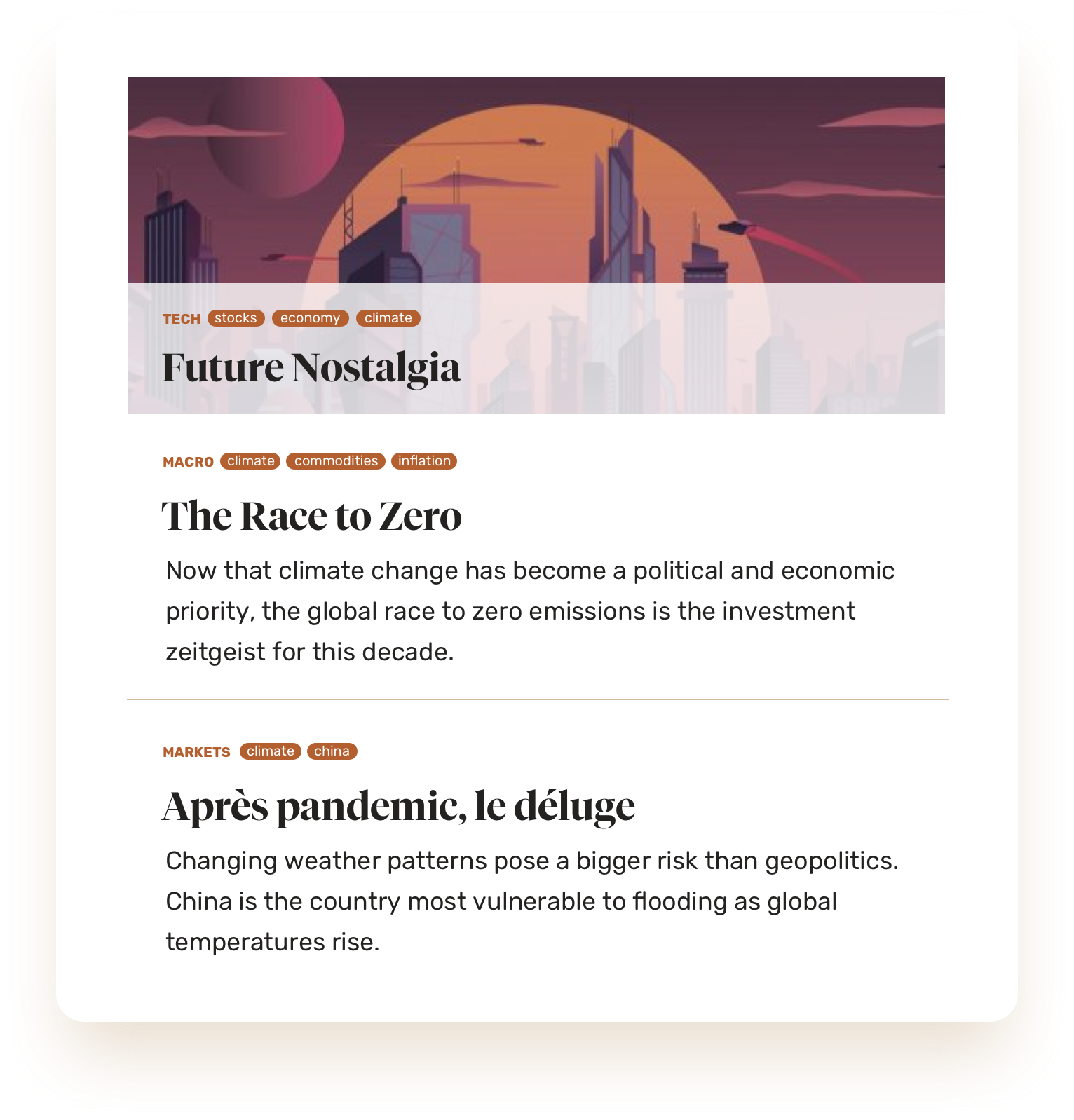In 2007, Chinese stocks were the most expensive in the world. After soaring 500 percent in two years, by autumn, the Shanghai market was trading at over 8 times its book value. Comparatively, at its zenith, Japan traded at 5 times its book value.
Secular bear markets destroy valuations. Seventeen years later, China’s Shiller price-to-earnings ratio has plummeted from 55 times to 10 times.
Why it matters: We believe Chinese equities have bottomed out. A multi-year bull market is on the horizon.
But: What about Evergrande and the slow-motion property crash? This could be China’s Minsky moment, after all. Have you forgotten about the record debt levels and the shrinking working age population? What if there is another trade war or conflict over Taiwan?
Our thought bubble: Overcome your fear. Remember Jeremy Grantham’s wisdom amid the depths of the global financial crisis: the market does not turn when it sees light at the end of the tunnel. It turns when all looks black, but just a subtle shade less
...






